Introduction
What Do Guinea Pigs Need In Their Cage: Guinea pigs are social animals and need ample space to move around. A spacious cage is essential. A minimum cage size for two guinea pigs is typically around 7.5 square feet (0.7 square meters), but more space is always better. Spend time interacting with your guinea pigs daily. They enjoy gentle petting and talking. Clean the cage regularly to remove soiled bedding and food remnants. A clean environment helps prevent health issues and odors.
Consider a cage with horizontal bars to allow for climbing and exploration. Make sure the spacing between bars is narrow enough to prevent escapes or injury. Choose safe and comfortable bedding materials such as aspen shavings, paper-based bedding, or fleece liners. Avoid cedar or pine shavings, as they can release harmful aromatic compounds. Spot-clean daily and perform a full cage cleaning (including changing bedding) at least once a week. Guinea pigs are sensitive to extreme temperatures. Keep them in an area where the temperature remains between 65-75°F (18-24°C).
Provide fresh vegetables, such as leafy greens (e.g., lettuce, kale, parsley), bell peppers, and carrots, daily. Pelleted guinea pig food is also part of their diet but should be given in moderation. Ensure access to clean, fresh water at all times, preferably through a drip bottle. Guinea pigs live have continually growing teeth, so they need chew toys to keep their teeth in check. Safe wooden or cardboard toys can help with this. Offer items for mental stimulation, like tunnels, balls, and puzzle feeders. Guinea pigs are highly social animals and thrive when they have companionship.
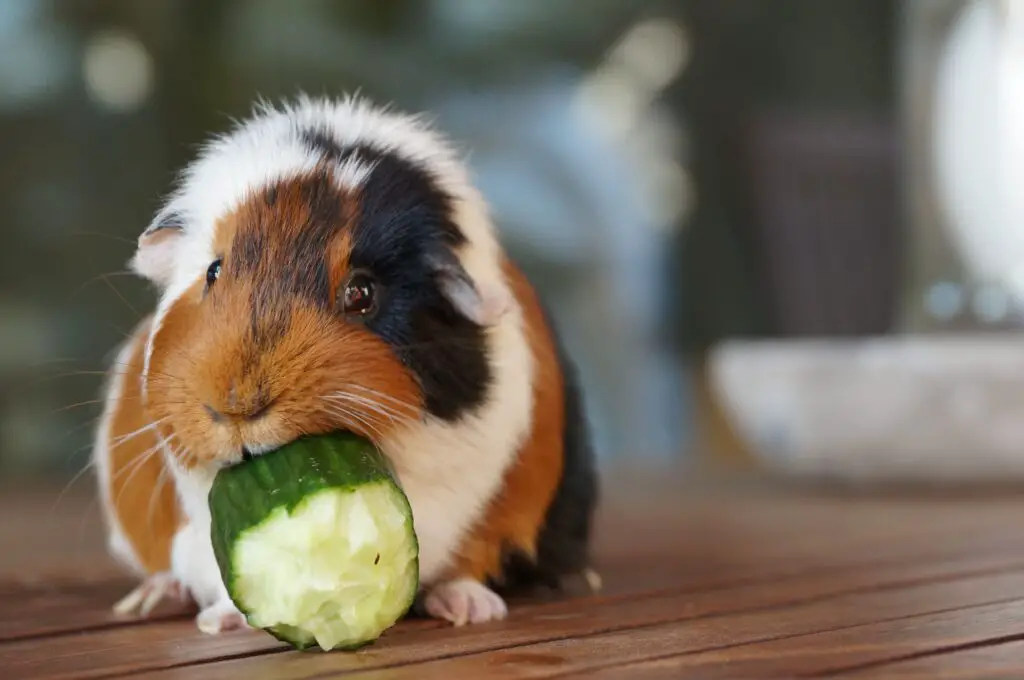
What keeps guinea pigs happy?
Guinea pig behaviour. Make sure your guinea pig stays happy and healthy, by giving them access to the things they need at all times – including space, food, water, safe hiding places, companion guinea pig(s) and toys. They’re inquisitive animals, and without enough to do, they may get bored and suffer.
Companionship: Guinea pigs are social animals and thrive when they have the company of other guinea pigs. It’s ideal to keep them in pairs or small groups to prevent loneliness and provide social interaction.
Adequate Space: Guinea pigs need a spacious cage or enclosure to move around, exercise, and explore. A larger living area allows for more freedom of movement and promotes their well-being.
Proper Diet: A balanced diet is essential for their happiness and health. Guinea pigs should have access to fresh hay, fresh vegetables, high-quality guinea pig pellets, and fresh water at all times. Providing a variety of vegetables and occasional treats can add variety to their diet.
What is the basic setup for guinea pigs?
Guinea pigs need a cage, or hutch, with a solid floor. They love to hide and burrow, so give them four to five inches of aspen, pine or recycled-paper bedding to root around in. Remove droppings frequently and completely replace their bedding at least once a month.
Regular Cleaning:
- Establish a cleaning routine to maintain a clean and odor-free cage. Remove soiled bedding daily and do a thorough cage cleaning weekly.
Social Interaction:
- Guinea pigs are social animals and should be kept in pairs or small groups to prevent loneliness and provide companionship.
Veterinary Care:
- Schedule regular veterinary check-ups and seek prompt medical attention if your guinea pig shows any signs of illness.
Do guinea pigs prefer dark or light?
They could be up at two in the morning running around with each other, or asleep at eight in the morning and up again an hour later. It’s safe to say that guinea pigs enjoy the dark at least, but we’d even go as far as to say they prefer the dark!
Natural Light: Guinea pigs benefit from exposure to natural daylight, which helps regulate their circadian rhythms and supports their overall well-being. Natural light also provides essential vitamin D for their health.
Indirect Lighting: Guinea pigs should not be exposed to direct sunlight for extended periods, as it can cause overheating and discomfort. Provide indirect or filtered sunlight to their living area.
Consistency: Maintain a consistent light-dark cycle for your guinea pigs. Guinea pigs are crepuscular animals, which means they are most active during dawn and dusk. Having a consistent light schedule can help them establish a routine.
What calms a guinea pig?
Avoid known stressors. House guinea pigs in a quiet area away from other pets or activity. Limit the number of animals in each enclosure to prevent overcrowding, and don’t change their social groups too often. Follow a consistent routine for daily care.
Gentle Handling: Handling your guinea pig gently and calmly can help build trust and comfort. Start by speaking softly to them and allowing them to approach you voluntarily. Slow, gentle strokes and cuddles can be soothing for many guinea pigs.
Quiet Environment: Guinea pigs are sensitive to noise and disruptions. Provide a quiet and peaceful living space for them. Avoid loud sounds, sudden noises, or frequent disturbances.
Safe Hideaways: Guinea pigs appreciate having hideaways or shelters in their cage where they can retreat to when they feel stressed or anxious. These hideaways offer a sense of security and privacy.
Do guinea pigs pee a lot?
Guinea pigs do urinate frequently. It can be several times an hour, up every fifteen minutes, throughout the day. If they eat more fruit and vegetables, which have a high-water content, they’ll pee even more often to get rid of any excess water or vitamins.
Frequency: Guinea pigs tend to urinate frequently throughout the day. It’s normal for them to urinate multiple times, especially if they are well-hydrated.
Volume: The amount of urine produced by a guinea pig can also vary. It is usually a small amount at a time, given their size.
Diet and Hydration: The guinea pig’s diet can influence the frequency and volume of urine. A diet high in water-rich vegetables and fresh, clean water will result in more frequent urination. Adequate hydration is essential for their health.
Age: Young guinea pigs and older guinea pigs may urinate more frequently than healthy adult guinea pigs. Changes in urinary habits can sometimes be a sign of underlying health issues, so it’s important to monitor them closely.
What are guinea pigs most afraid of?
Fears of toys, people, and loud noises are the most common fears. There are many reasons why a guinea pig may develop fears of people. For example, a bad experience with a small child could result in a guinea pig that is fearful of all small children.
Loud Noises: Guinea pigs have sensitive hearing and can be easily startled by loud or sudden noises. Thunderstorms, fireworks, and household appliances like vacuum cleaners can cause fear and stress.
Predators: Being prey animals, guinea pigs are instinctively fearful of potential predators. Loud or sudden movements, the presence of other pets (such as dogs or cats), or unfamiliar people can trigger fear.
Handling: While gentle handling can be soothing for guinea pigs, rough or inexperienced handling can be frightening for them. Quick or forceful movements, especially if they feel insecure, can cause stress.
What are guinea pigs Favourite?
Each guinea pig is different, and most will have a specific favourite food or foods. Good bets are carrots and carrot tops, cucumber and dandelion leaves. If your guinea pigs don’t have regular access to grass then a big juicy handful will elicit excited squeaks from most guinea pigs, young or old.
Fresh Vegetables: Guinea pigs typically love fresh vegetables. Some of their favorites include leafy greens (like lettuce, kale, and spinach), bell peppers, carrots, cucumbers, and parsley. However, it’s essential to introduce new vegetables gradually to avoid digestive upset.
High-Quality Hay: Guinea pigs should have access to fresh, high-fiber hay, such as Timothy hay, at all times. Many guinea pigs enjoy nibbling on hay, and it’s an essential part of their diet.
Treats: While treats should be given in moderation, guinea pigs often relish small, occasional treats like small pieces of fruit (e.g., apple or pear), a slice of bell pepper, or a few blueberries.
What is a guinea pigs favorite thing?
One of your guinea pig’s favorite things to do is chew! They like to eat and nibble on things to sharpen their teeth. These chew ball treats not only taste delicious and stimulate their senses but are also safe to consume! You should limit the treats though to ensure that they maintain a proper diet and remain healthy.
Nutritional Value: Hay is an essential source of fiber, which is crucial for guinea pigs’ digestive health. It also provides essential nutrients and helps wear down their continuously growing teeth.
Chewing Exercise: Chewing on hay provides guinea pigs with the necessary dental exercise to prevent dental problems, as their teeth never stop growing.
Mental Stimulation: Foraging for hay can be mentally stimulating for guinea pigs, keeping them engaged and preventing boredom.
Comfort: Hay can also serve as bedding material and provide a comfortable and familiar substrate for guinea pigs to rest on.
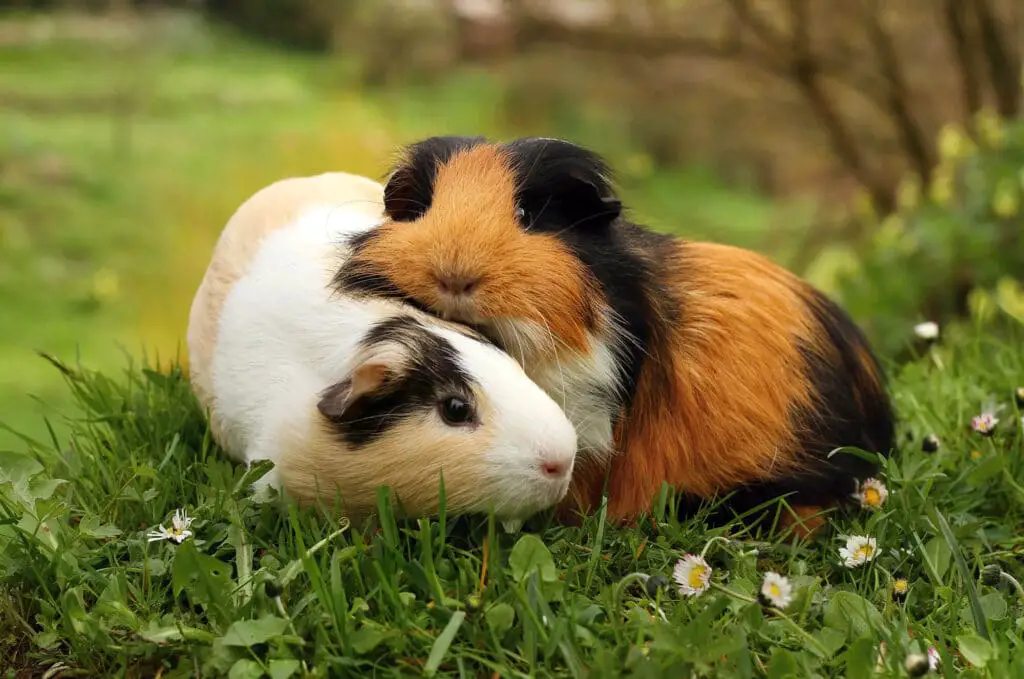
Conclusion
Providing a comfortable and safe living environment for guinea pigs is crucial to ensure their well-being and happiness. Guinea pigs need a cage that is spacious enough to accommodate their natural behaviors, such as running, playing, and burrowing. Adequate bedding material, like hay or fleece, should be provided for their comfort and hygiene. Regular cleaning and maintenance of the cage are essential to prevent health issues and maintain a clean living space.
Enrichment items like tunnels, hideaways, and chew toys can help stimulate their mental and physical activity, preventing boredom and promoting a healthier lifestyle. Finally, social interaction and companionship with other guinea pigs are fundamental for their emotional well-being.
Guinea pig care also extends beyond the physical aspects of their cage. Providing love, attention, and gentle handling are essential components of their well-being. Building a strong bond with your guinea pig through positive interactions can lead to a more trusting and contented pet.

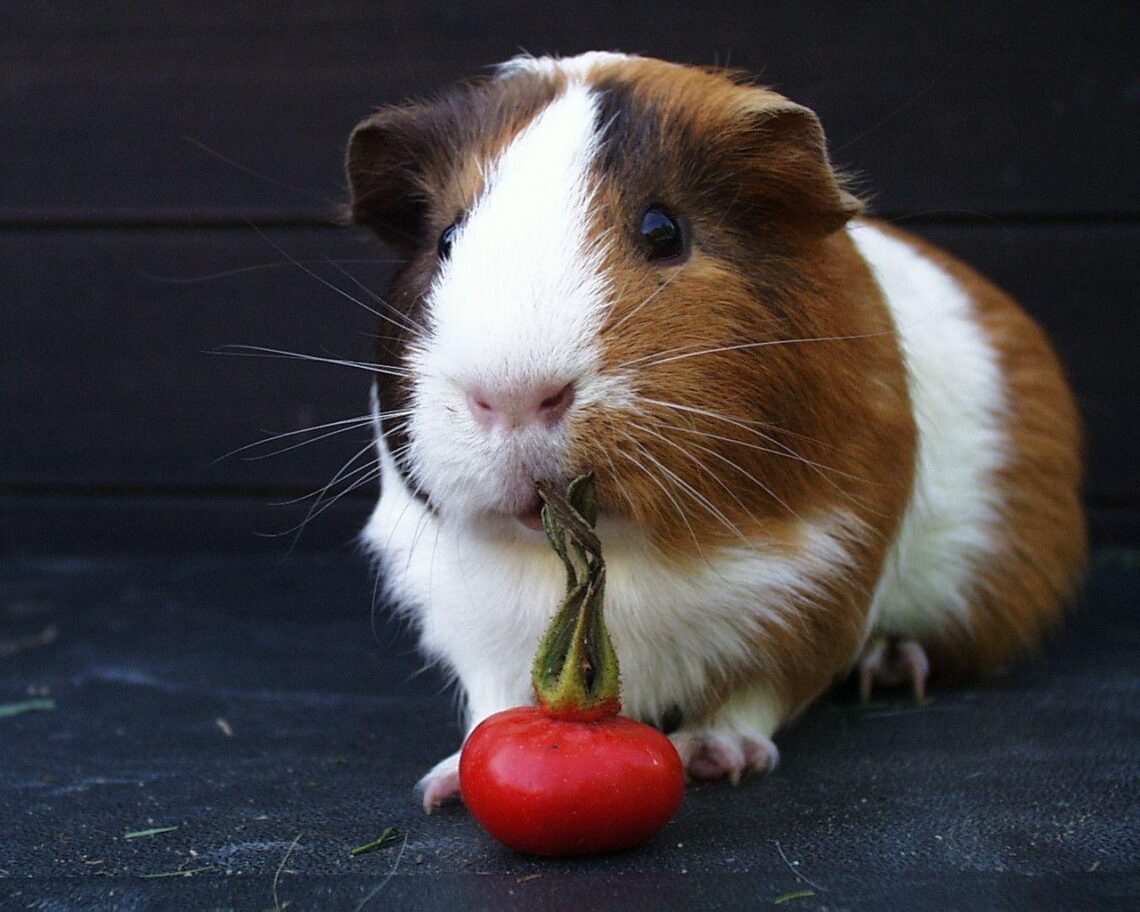
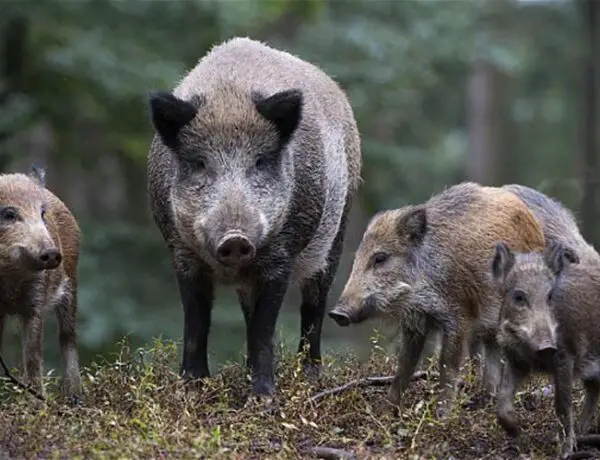
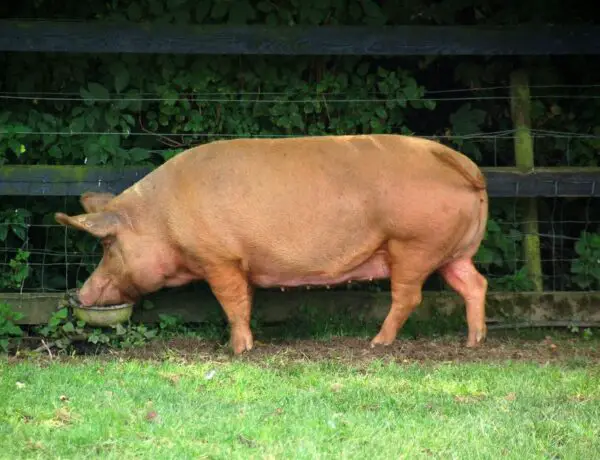
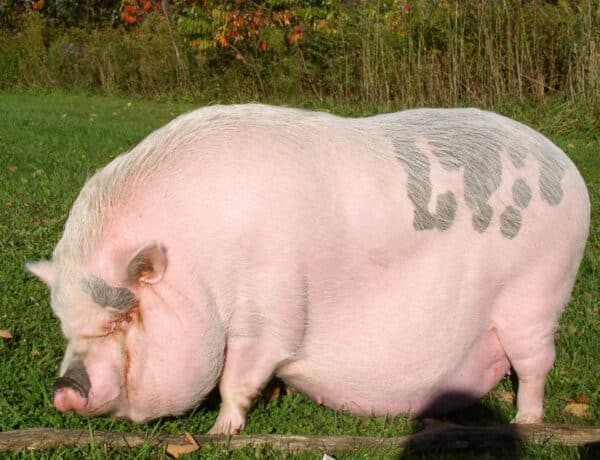
No Comments